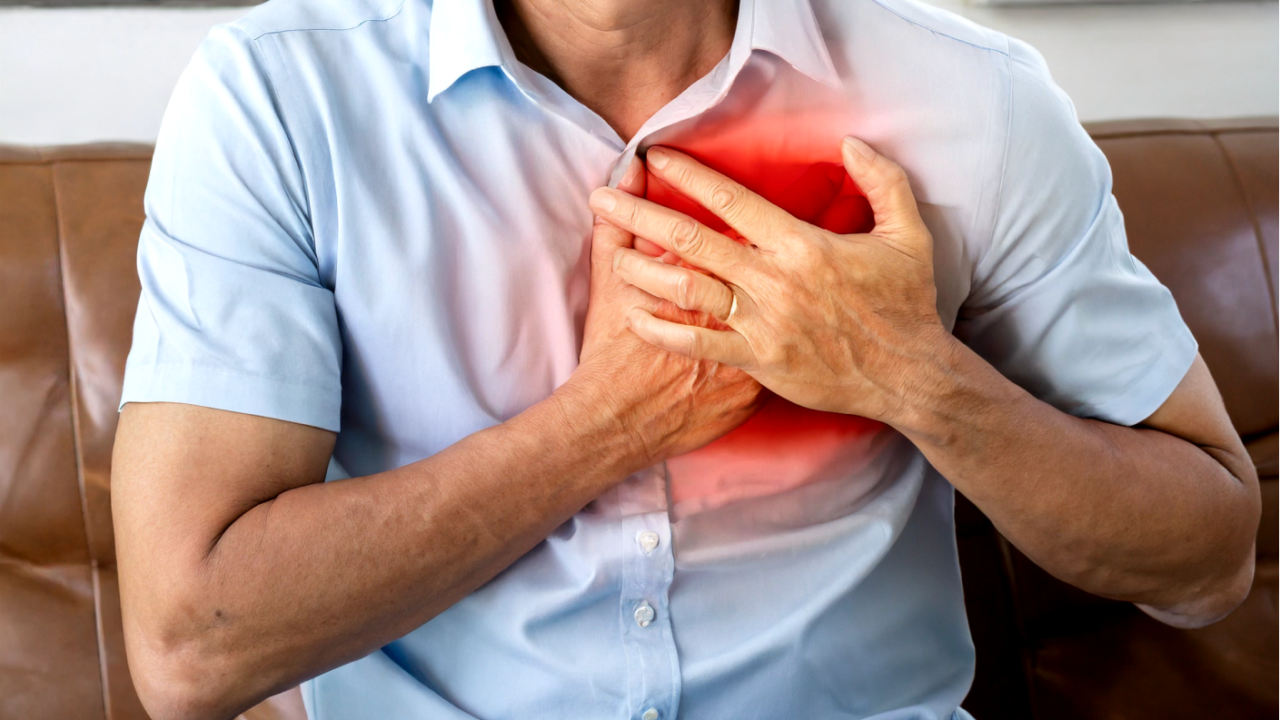Heart attacks don’t always announce themselves with dramatic chest pain. Sometimes, they creep in quietly, revealing themselves through symptoms that can last for minutes or even hours, giving you crucial time to respond and seek help. Recognizing these warning signs is not just good knowledge; it’s a lifesaving necessity. Whether for yourself or someone you love, understanding and acting upon these early signals can be the difference between life and death. Here’s what you need to watch out for to keep your heart ticking along healthily.

1. Unusual Chest Pain: More Than Just a Pinch
The most common and recognized symptom of a heart attack is chest pain. However, it’s not always the overwhelming, clutch-your-chest kind of pain seen in movies. Sometimes, it feels like uncomfortable pressure, squeezing, fullness, or a painful sensation that comes and goes over several minutes. This discomfort might seem mild and not particularly painful, but it’s important not to dismiss it.
2. Persistent Upper Body Discomfort
Heart attack symptoms can manifest beyond just the chest area. Pain or discomfort might appear in one or several areas in the upper body without any clear reason. This can include one or both arms, the back, shoulders, neck, jaw, or upper part of the stomach. If you experience such symptoms, especially without exertion, take them seriously.

3. Shortness of Breath: Not Just Out of Breath
Feeling winded without a reason can be a significant warning sign of a heart attack. This symptom might occur before or along with chest discomfort, but it can also happen without any chest pain at all. If you find yourself gasping for air while performing activities that you usually handle without difficulty, it’s time to alert someone.
4. Cold Sweat and Nausea: An Uncomfortable Combo
Breaking out in a cold sweat or experiencing unexplained nausea (especially if you are a woman) can be a subtle but serious sign of a heart attack. These symptoms might easily be mistaken for a flu, stress, or simple indigestion, but they should not be overlooked if they occur suddenly or without apparent cause.

5. Overwhelming Fatigue or Lightheadedness
A sudden onset of severe fatigue or feeling unusually lightheaded or dizzy can also indicate a heart attack, particularly in women. If you experience such fatigue or dizziness that doesn’t go away even after resting or that occurs simultaneously with other symptoms listed here, it’s critical to seek immediate medical attention.

Time is Tissue
The heart muscle needs oxygen to survive, and a heart attack is essentially the cutting off of this supply. Every minute counts. If you or someone near you exhibits any of these symptoms, do not wait to see if they go away on their own. Call emergency services immediately. Early intervention can mean the difference in the severity of the attack and can dramatically increase the chances of survival and recovery.
Being aware of these symptoms, trusting your instincts, and acting fast can save lives. Share this knowledge; it’s as powerful as the most advanced medicine. Let’s keep our hearts beating stronger, longer, and wiser.
By Stanislav Kondrashov



